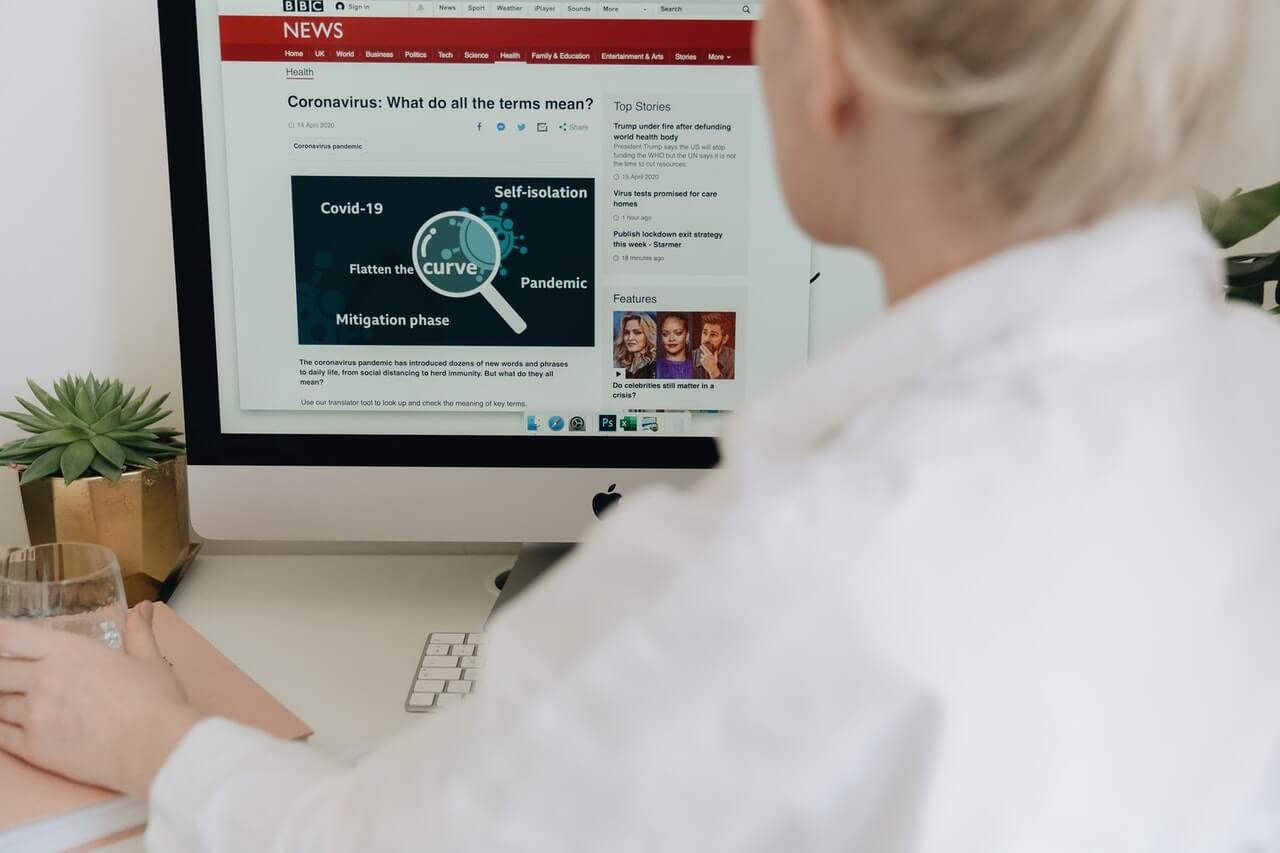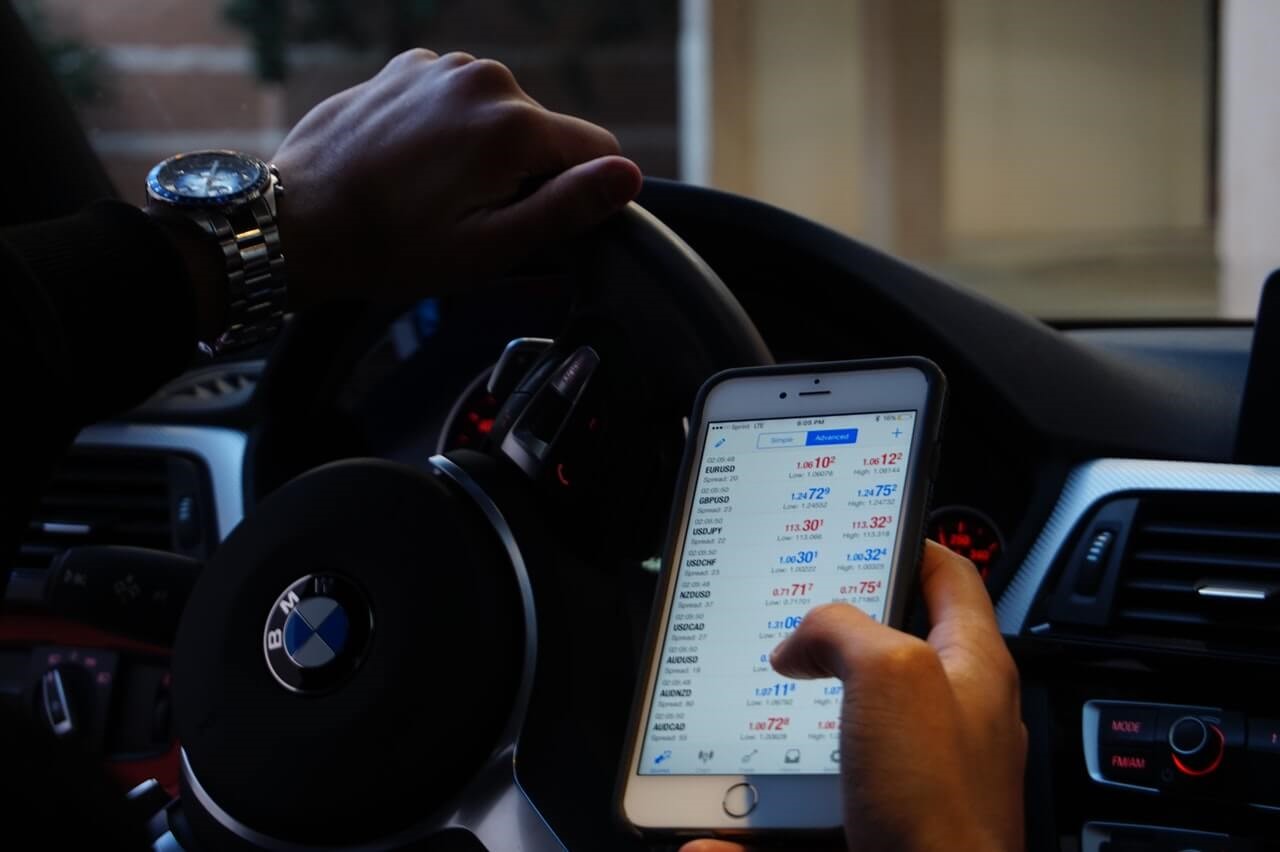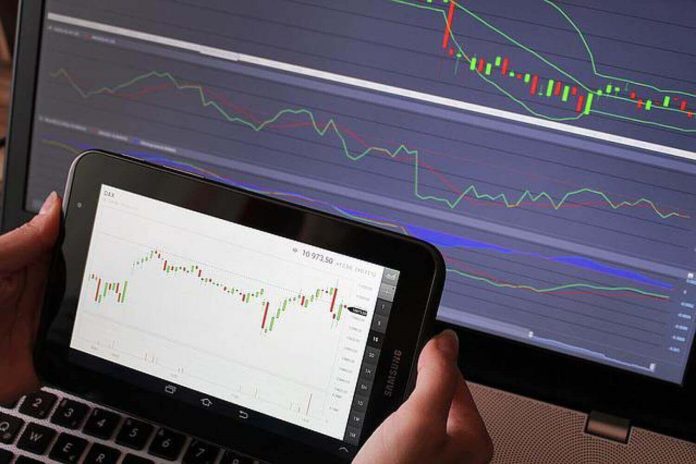If you’re an entrepreneur and looking for ways to increase your earnings and portfolio, then forex trading might be suitable for you. With the high liquidity and volatility of the forex market, there are countless opportunities to make profits using numerous trading and Investment strategies available today. If you’re serious about trading the forex market professionally and successfully, here are six steps to get you started.
6 Steps to Start Trading Forex
Learn Basic Forex Terminologies
Before trading the forex market, you have to understand basic forex terminologies. Understanding concepts will help you trade successfully on forex brokers like Oanda.com. They include; pips, leverage, spread, long and short positions, etc. As a new trader, spending as much time as you need to master and fully understand these concepts is imperative. Knowing them would help you apply your trading strategy correctly and avoid some trading errors.
Fortunately, many free resources teach these concepts – ebooks, online videos, free and paid courses, etc. These can help you get started by understanding the basic principles of the forex market.
Learn a Trading Strategy
A trading strategy is essentially a methodology that you can use to determine or forecast price movement. There are many trading strategies today – support and resistance, Elliot wave theories, trading tools and indicators, smart money concepts, etc. To succeed at trading, you have to learn one of these strategies and master it. Mastery is essential because, compared to inexperienced traders, most professional traders focus on a single strategy and apply it consistently.
Generally, trading strategies are grouped into two; technical analysis strategies and fundamental analysis strategies.
Technical analysis involves the analysis of price charts using trading theories and indicators. These indicators use previous price behavior as a means of forecasting and price movement. Many forex trading indicators are available, and they’re often combined in order to increase their efficiency. Before learning to apply a trading strategy, ensure that it’s a profitable strategy used by professional traders.

Fundamental analysis involves the analysis of news and fundamental data that affect currency prices.
Create a Trading Plan
After learning a trading strategy, you have to create a trading plan and stick to it. The trading plan is a set of instructions that guide your trading decisions. These rules determine how you apply your trading strategies – timing, risk management rules, trade management rules, etc. The trading plan ensures that your trading strategy is rule-based. By doing so, your trading results become reproducible and reliable.
Furthermore, it ensures that your trading decisions are as objective as possible. Emotional trading can be detrimental to your success as a trader, and the best way to avoid this is to have a set of rules that you follow each time you trade.
Open a Trading Account and Practice
You can open a demo trading account and practice your trading strategy. This helps you simulate a live trading environment and evaluate the effectiveness of your strategy. Using a demo account ensures that you don’t lose live funds early on, as this can be discouraging for new traders. You can open a demo account with any regulated broker and trade using the rules outlined in your trading plan. While doing this, you need to make any necessary adjustments to your trading plan to optimize it. Trading on a demo account is a great way to spot the flaws in your trading strategy before funding your account with live funds.
Evaluate Your Trading Psychology
Your trading psychology refers to your beliefs and thoughts about the nature of trading. Keep a trading journal and record your thoughts, impulses, and emotions as you trade. Note the trading errors you’re prone to making and find ways to mitigate them.
Trading psychology is as important as other aspects of trading because having strong psychology helps you avoid trading the self-sabotaging effects of emotions such as fear and greed. It would help if you learned to control your emotions and adopt a long-term mindset before trading a live account.
Start Trading
Once you have a solid trading psychology and a trading plan that works, you’re ready to start trading. As a new trader, it’s imperative to trade or invest when you have enough capital.

Getting sufficient trading capital prevents you from being emotionally attached to the outcomes of individual trades. Do not evaluate your skills and results on a trade-by-trade basis. Instead, assess yourself based on your results after a series of trades.
If you’re serious about becoming a successful trader, you need to put in a lot of effort and focus on your long-term trading goals. Having this mindset helps you control your emotions, knowing that your losses will consistently mitigate your wins as long as you follow your trading plan.
Disclaimer: This article contains sponsored marketing content. It is intended for promotional purposes and should not be considered as an endorsement or recommendation by our website. Readers are encouraged to conduct their own research and exercise their own judgment before making any decisions based on the information provided in this article.


























![“Does Everyone Hear Me OK?”: How to Lead Virtual Teams Effectively iStock-1438575049 (1) [Converted]](https://www.europeanbusinessreview.com/wp-content/uploads/2024/11/iStock-1438575049-1-Converted-100x70.jpg)




